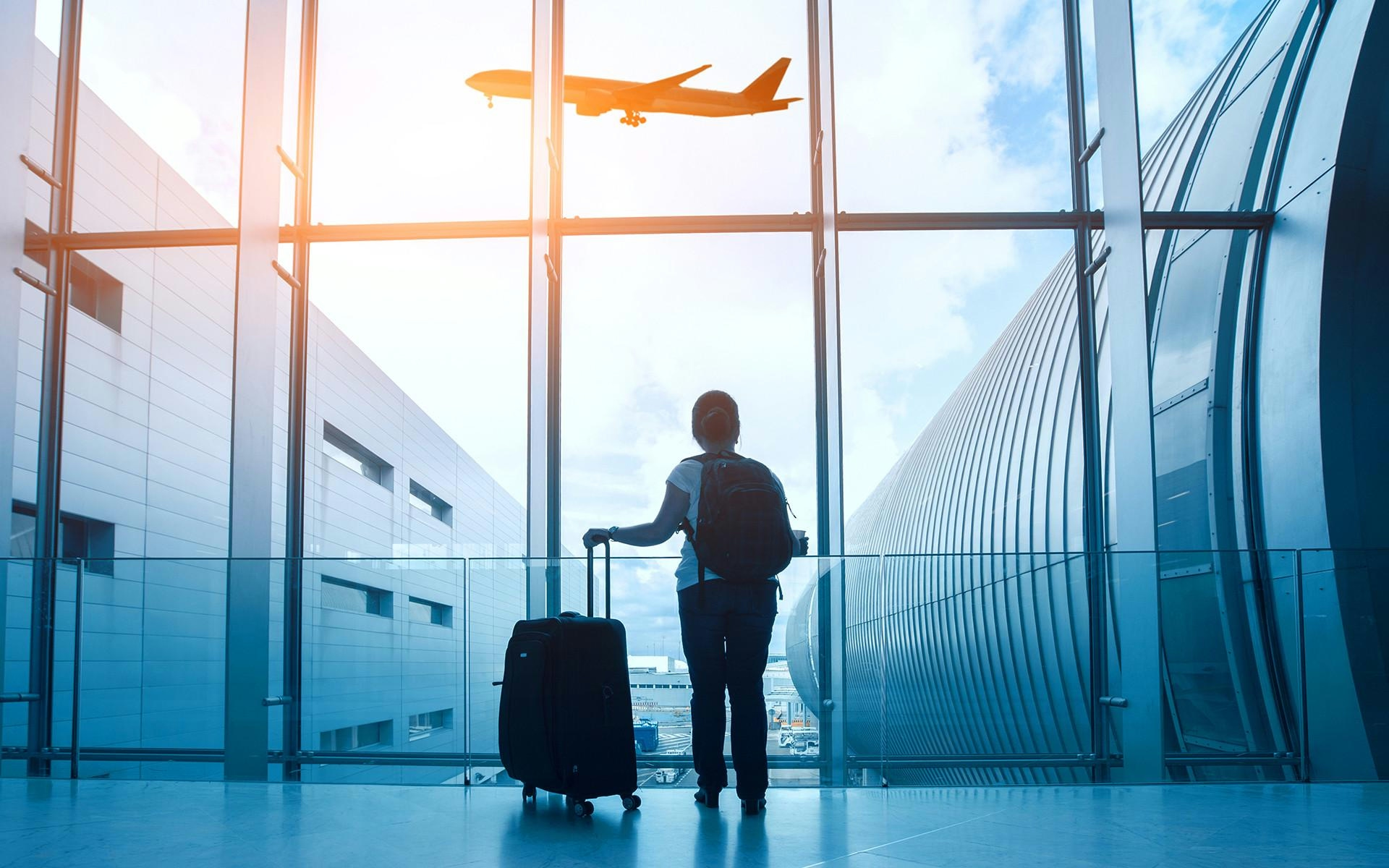AeroGenie — Tu copiloto inteligente.
Tendencias
Categories
The Digital Gap: Why Airports Must Transform Now

The Digital Gap: Why Airports Must Transform Now
Airports around the world are confronting mounting pressures as passenger volumes increase, labor shortages persist, and traveler expectations evolve rapidly. The aviation sector faces a critical juncture, requiring a decisive shift toward digital transformation. A recent global survey conducted by Roland Berger among airport leaders highlights both advancements and ongoing challenges in adopting new technologies across the industry.
Rising Challenges and the Need for Innovation
The combination of labor shortages and increasingly stringent safety regulations, particularly those imposed by the Federal Aviation Administration (FAA), is compelling airports to reconsider traditional operational models. The urgency for smarter, more adaptable systems has intensified, especially in light of recent incidents such as the near-miss between Delta and Aeroméxico flights, which underscored the vital importance of robust air traffic control and safety protocols. In response, airports are increasingly leveraging technology to enhance operational efficiency and safety standards.
Embracing AI, Automation, and Biometrics
Airport executives overwhelmingly identify artificial intelligence, automation, and biometric technologies as indispensable components of future airport operations. These innovations are expected to streamline passenger processing, optimize resource management, and strengthen security measures. Reflecting this trend, the global market for AI applications in aviation is projected to expand dramatically, from $7.4 billion in 2025 to nearly $27 billion by 2032. This growth signals both strong industry confidence and a competitive imperative to adopt cutting-edge solutions.
Investment Patterns and Technological Readiness
Investment in IT infrastructure is accelerating, with airports prioritizing digital platforms capable of adapting to fluctuating passenger demand and evolving regulatory requirements. However, readiness to implement these technologies varies significantly. Tier 1 airports, benefiting from greater financial and technical resources, are at the forefront of deploying advanced digital systems. In contrast, Tier 2 airports often face challenges related to budget limitations and outdated legacy technologies, hindering their ability to keep pace with innovation.
Competitive Dynamics and Industry Transformation
The race to modernize airport operations is intensifying as competitors rapidly adopt sophisticated AI-driven solutions to enhance operational management and improve the passenger experience. This technological arms race is reshaping the aviation landscape, with early adopters gaining a distinct advantage in efficiency and customer satisfaction. The pressure to innovate is becoming a defining factor in maintaining market position.
Bridging the Digital Divide
Despite increased investments and technological progress, significant gaps remain in the sector’s digital transformation journey. Many airports continue to struggle with integrating new systems, training personnel effectively, and complying with evolving safety standards. The industry’s capacity to overcome these challenges will be crucial in determining its resilience against future disruptions and its ability to meet rising passenger expectations.
The Imperative for Accelerated Transformation
The path forward for airports is unequivocal: accelerating digital transformation is essential to sustain resilience and competitiveness. The adoption of AI, automation, and biometric technologies is no longer optional but a fundamental requirement to address the demands of a rapidly evolving aviation environment. As the market continues to develop, airports that invest strategically in technology will be best positioned to deliver safer, more efficient, and more satisfying travel experiences.

Emirates Unveils Cabin Design for New Boeing 777X

Eighteen Years On, the Airbus A380 Remains Central to a $34 Billion Airline

How a boom in luxury airline seats is slowing down jet deliveries

Navitaire Outage Attributed to Planned Maintenance

DigiYatra Debuts Outside Aviation at India AI Impact Summit

Vietnam Orders Strengthen Boeing’s Commercial Outlook

Airbus Signals Uncertainty Over Future A400M Orders

JobsOhio Awards $2 Million Grant to Hartzell Propeller for Innovation Center

Collins Aerospace Tests Sidekick Autonomy Software on YFQ-42A for U.S. Air Force CCA Program

How the Airbus A350-1000 Compares to the Boeing 777
